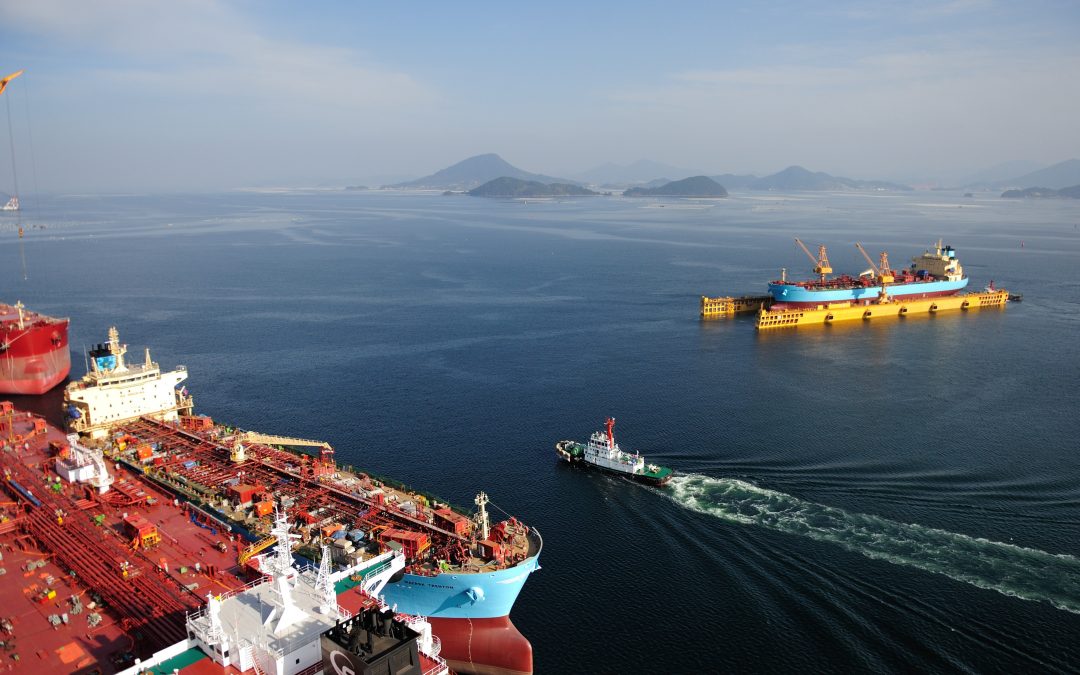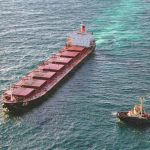Maersk Tankers has become a signatory of the Sea Cargo Charter, a global framework that establishes a common baseline for global traders to report on CO2 emission reductions of their shipping activities.
The Sea Cargo Charter is consistent with the targets of the UN’s International Maritime Organization, including GHG emissions reduction by at least 50% by 2050.
The agreement was first signed by a group of the world’s leading energy, agriculture, mining, and commodity trading majors in October 2020.
“It is groundbreaking in what it can unlock,” says Eva Birgitte Bisgaard, Chief Commercial Officer at Maersk Tankers.
“As it is premised on an alignment of vision and collaboration in an otherwise fragmented industry.”
At present, companies across the maritime universe employ a range of different methods to measure greenhouse gas emissions. This has long necessitated a standardization with clearly defined parameters, the company explained.
“You can only solve the CO2 problem when you have a shared understanding of what that problem is,” maintains Bisgaard. “This is why the Sea Cargo Charter is immensely valuable.”
“We will be able to gather data and report on behalf of our partners on an ongoing basis and ensure they comply with latest regulations.”
As a service provider, and through Contract of Affreightment, the company has access to cargo and data which it can ensure is in keeping with SCC through required processes and contractual changes.
The company said it would implement the charter internally through policies, procedures, and standards. It also committed to annually measure emissions from its chartering activities and publicly report how these meet IMO targets.
“In this fragmented industry, we can be a gathering party and help shipowners comply with Sea Cargo Charter by helping them secure the information, data points and reporting stats needed,” she pointed out.
“We can make a real impact as we help our existing and new pool partners to fulfil reporting requirements from cargo owners, making sure their activities are monitored and reported.”
Source: Offshore Energy






